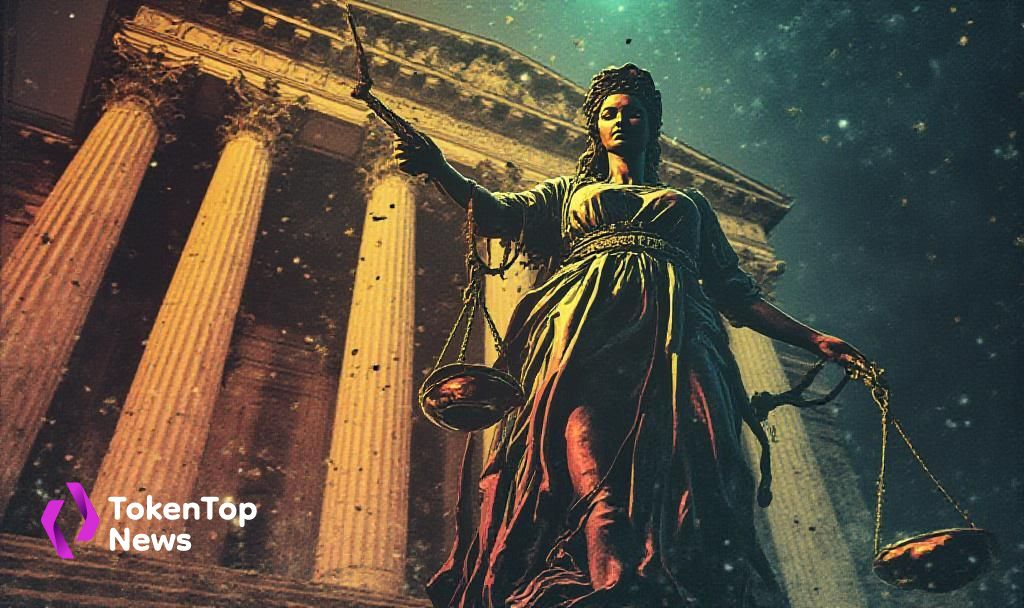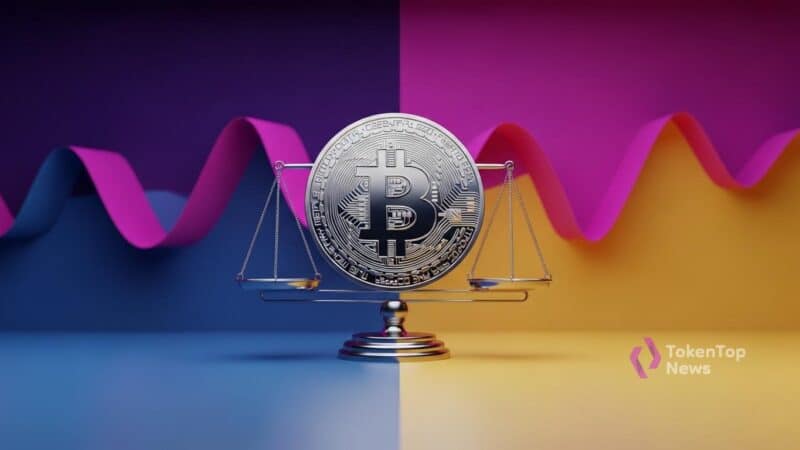Supreme Court Allows IRS to Access Coinbase User Data
- IRS gains access to Coinbase transaction records.
- User privacy rights remain unprotected.
- Legal precedent may influence future blockchain data cases.

The Supreme Court has declined to protect Coinbase user data from IRS scrutiny, keeping lower court rulings in favor of the IRS. This decision affects privacy rights of Coinbase users in the United States as of June 30, 2025.
The Supreme Court’s decision not to intervene in the Coinbase case underscores its impact on user privacy and regulatory compliance. The ruling could lead to broader access by authorities to similar data stored by third parties.
The refusal by the Supreme Court to review the case leaves a significant court decision intact. Coinbase and its user, James Harper, remain impacted by prior rulings that permit the IRS scrutiny over user data.
James Harper challenged the IRS’s access to his Coinbase user data following an IRS “John Doe” summons issued in 2017. The summons required Coinbase to disclose user transaction data, marking a significant turn in legal interpretations of user privacy.
The Fourth Amendment will give no protection to millions of law-abiding Americans who routinely share intimate personal information with the third parties that ubiquitously store, transmit, or provide services based on that data.
— James Harper, Plaintiff, Coinbase User (Coinbase Legal Brief)
The IRS maintains that users have no reasonable expectation of privacy regarding their data with third-party platforms like Coinbase. Coinbase’s argument focused on protecting user privacy rights against these demands, highlighting industry concern over constitutional guarantees.
Market implications are significant, including potential impacts on Bitcoin BTC +0.00% , Ethereum ETH +0.00% , and Litecoin. These cryptocurrencies were likely involved given the timeframe of IRS data requests. The broader industry may see ripple effects on user privacy expectations and security.
Legal outcomes from this case may set important precedents for future proceedings regarding blockchain data privacy. The precedent from previous financial record rulings could guide regulatory approaches, influencing how personal data is managed and disclosed.



